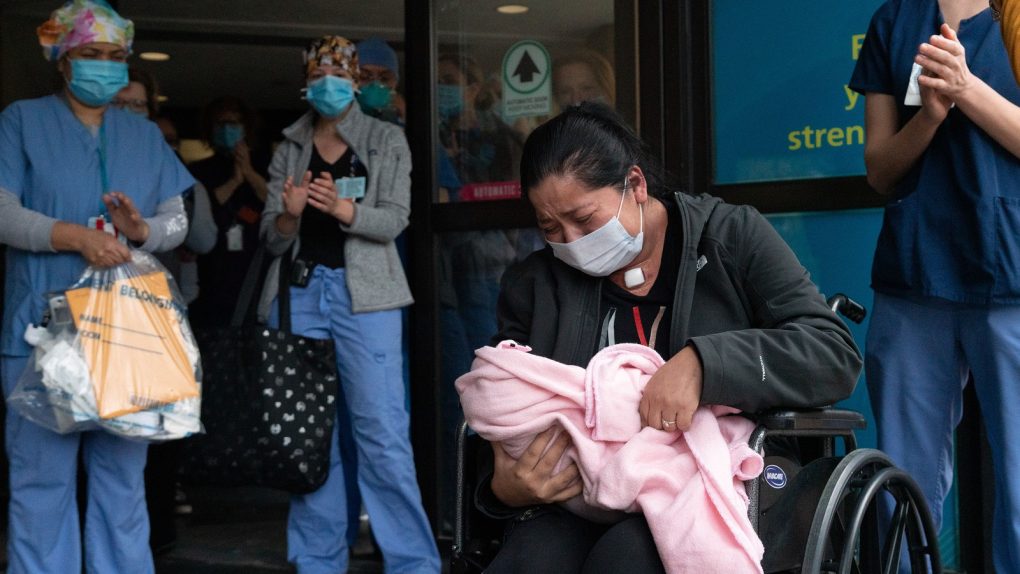- The CDC updated its website this week to offer guidance for doctors in cases where a pregnant woman who has tested positive for the coronavirus gives birth.
- The data is limited, but infants may be at higher risk for a severe case of COVID-19 than older children, and they need to be tested twice within 48 hours of their birth.
- The CDC also recommends that the mothers are kept six feet from their newborn children.
- Visit BGR’s homepage for more stories.
Living through the novel coronavirus pandemic has been a challenge for all of us, but as I sit here, working from home and able to limit my exposure to the outside world, I can’t help but think about how much more complicated this ordeal must be for countless individuals and families who have much more to worry about than whether or not Rite Aid down the street will finally be stocked with name brand toilet paper this week.
To that point, the Centers for Disease Control and Prevention released new guidelines this week for pregnant women who have tested positive for COVID-19 or are suspected to have caught the disease. The guidelines suggest that any babies born to COVID-19 confirmed or suspected women should be tested for the virus at 24 hours and 48 hours of age, regardless of whether or not the babies themselves show any symptoms.
“Transmission of SARS-CoV-2, the virus that causes COVID-19, to neonates is thought to occur primarily through respiratory droplets during the postnatal period when neonates are exposed to mothers, other caregivers, visitors, or healthcare personnel with COVID-19,” the CDC website explains, showing just how frightening the experience could be for new parents. “Limited reports have raised concern of possible intrapartum or peripartum transmission, but the extent and clinical significance of vertical transmission by these routes is unclear.”
As has been the case from the start of this pandemic, there’s still a great deal that we don’t know. According to the CDC, data shows that children younger than 12 months old may be at higher risk for severe illness from COVID-19 when compared to older children, but the sample size is relatively limited.
The data that has been collected shows COVID-19 positive infants displayed a variety of symptoms, including fever, cough, lethargy, vomiting, diarrhea, and lack of appetite. But, as the CDC notes, many of these potential COVID-19 symptoms are also “seen commonly in term and preterm infants for other reasons.”
The good news is that the majority of infants who tested positive for COVID-19 had asymptomatic or mild illnesses and recovered without any complications, though severe illness requiring mechanical ventilation has been reported as well in positive infants. It goes to show just how important it is to respect social distancing and other safety guidelines, because the last thing you want to do is pass on the virus to a pregnant woman and put her in a position where she needs to be separated from her newborn child because she tested positive.








